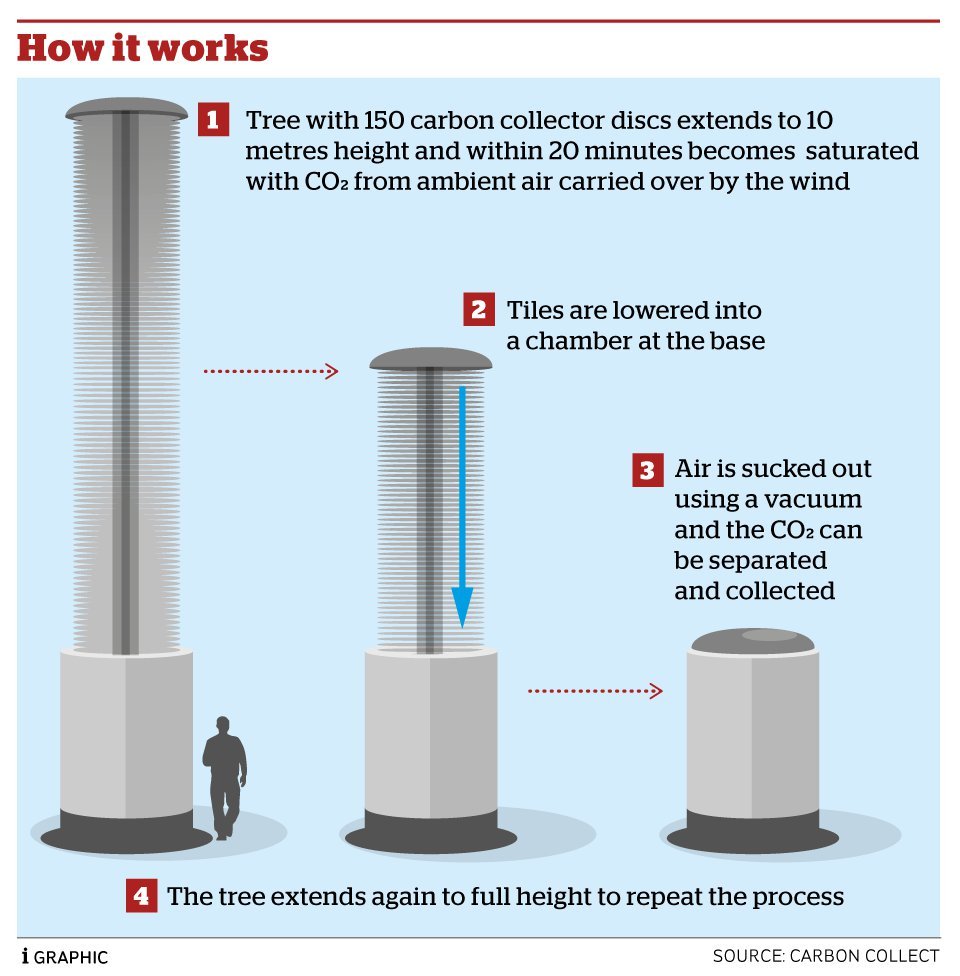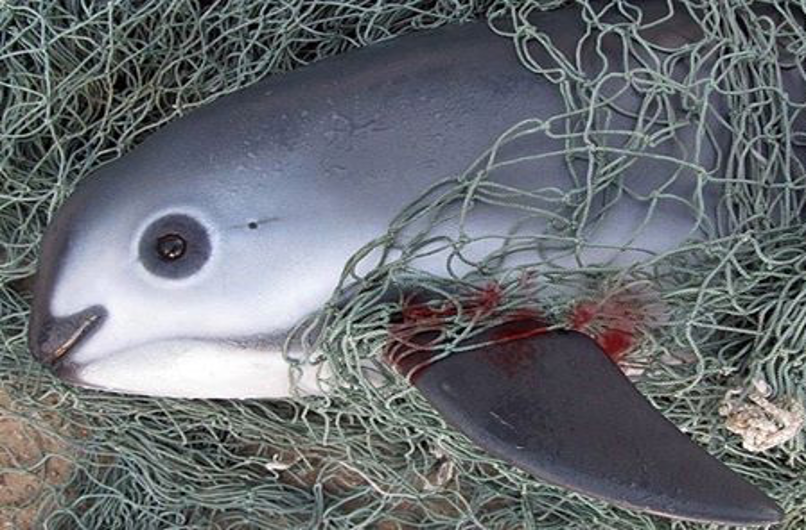In Mechanical Trees, researcher Lindsey Stanton describes how man made trees can help reduce carbon in the atmosphere.
Welcome to OCEAN 59. This is the environmental education publication of Safe Harbor Environmental Consulting, a small, interdisciplinary environmental collaborative, located on Duck Creek Marsh, in Wellfleet on Cape Cod. You will find no advertising or solicitations in your newsletter, because it is yours to read, discus and share with friends, as Public Domain. Tess Holland’s article on icebergs having left behind tracks in the Florida Keys was pretty surprising but then, I had to read Lindsey Stanton’s article on Mechanical Trees twice. In this edition we are beginning a new series “CLOSE TO HOME," about some of the strategies and systems we use when working in or near protected wetland areas. These are also Public Domain. Thank you for supporting and sharing OCEAN.
Regards, Gordon Peabody OCEAN Editor
OCEAN 59 Articles
Iceberg Tracks in Florida Keys Small Island Town, Big Challenge
How Much is too Much? Mechanical Trees?
When the Road Drives the Car Ethiopian Banana Tackles Climate Change
Close to Home: Saving Trees Close to Home: Re-using Trees
Editor’s Final Words







